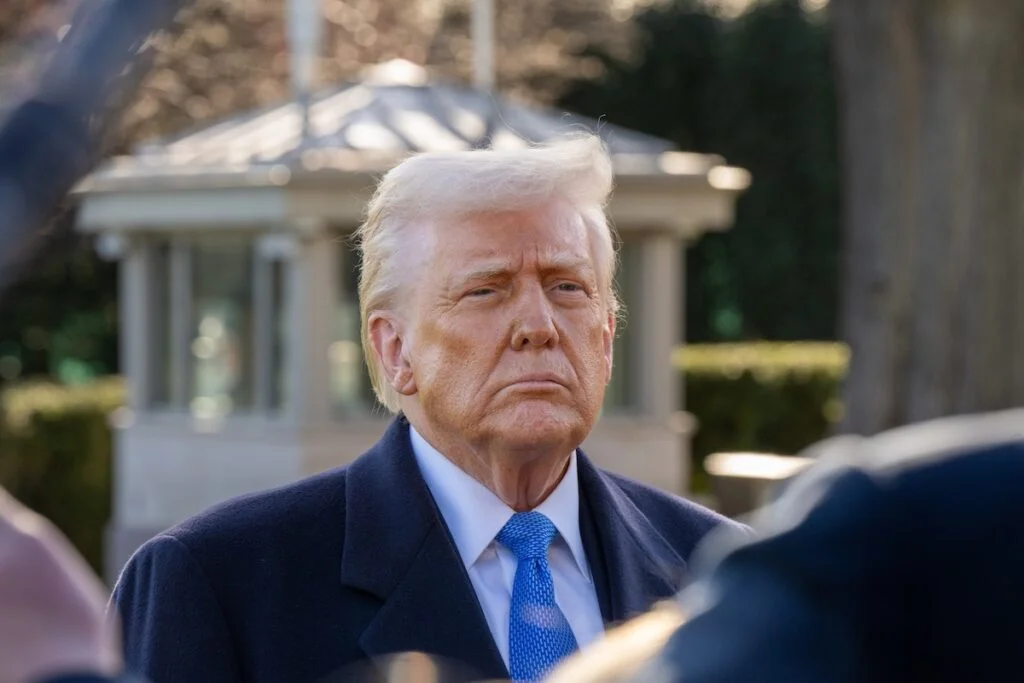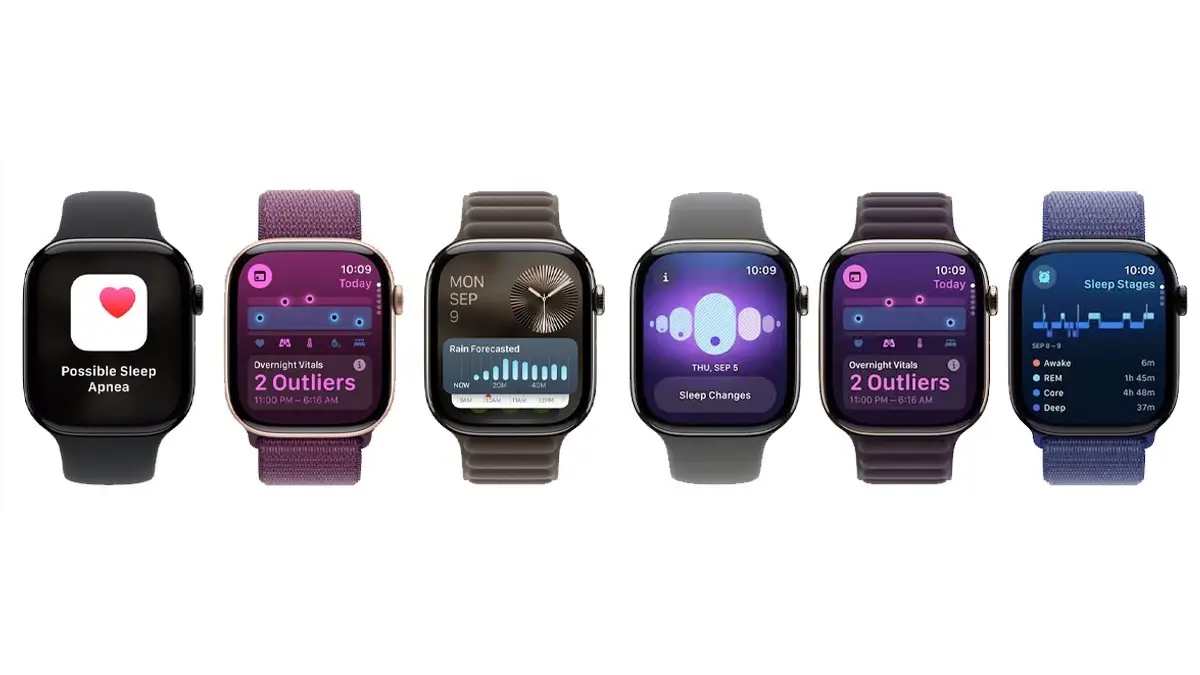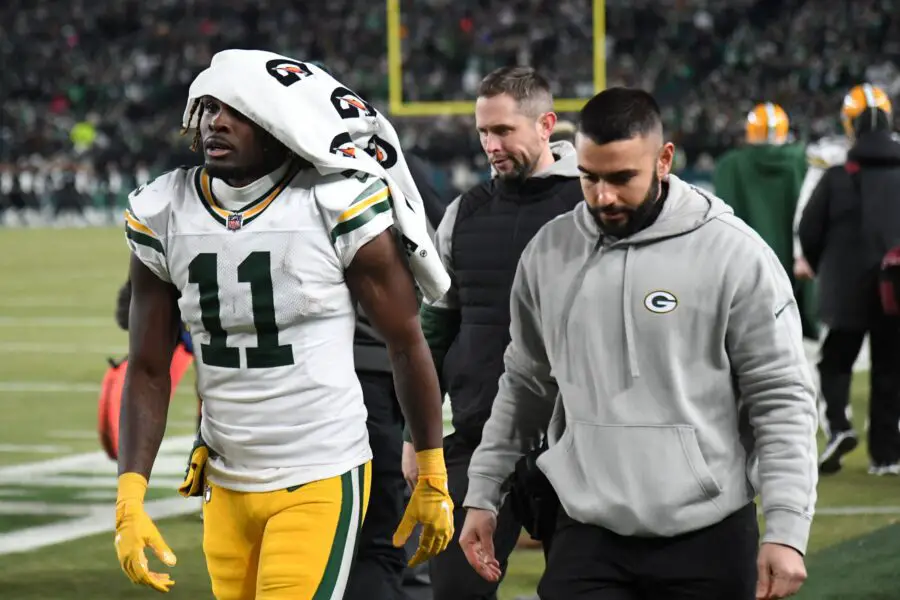Trump Advises Parents To Split Vaccines, Delay Hepatitis B Shots Until Age 12: ‘This Is Based On What I Feel’

President Donald Trump on Monday offered advice on childhood vaccination schedules, encouraging parents to split up certain immunizations and delay certain others, in sharp contradiction to current medical recommendations.
Advises Parents To Split Vaccines
During a White House event that made unproven connections between acetaminophen, vaccines and autism, Trump said, “We want no mercury in the vaccine. We want no aluminum in the vaccine,” while adding that the MMR vaccine, or the measles, mumps and rubella vaccine, “should be taken separately,” according to a report by The Hill.
“This is based on what I feel,” he said, adding that “when you mix them, there could be a problem,” while highlighting that there were no downsides to taking them separately.
See Also: Moderna Reports 8-Fold Jump In Antibodies With Updated Spikevax
Trump also suggested that children should not receive the hepatitis B vaccine until the age of 12, citing the virus’s sexual transmission routes. “Hepatitis B is sexually transmitted. There’s no reason to give a baby almost just born hepatitis B,” he said. “I would say wait till the baby is 12 years old.”
Medical experts have, however, warned that delaying the vaccines puts newborns at risk, noting that pregnant mothers with Hepatitis B can transmit it to their babies.
When Trump was asked if it was appropriate to offer such guidance based on his personal views, he replied, saying that it was “absolutely appropriate.”
Trump said that these statements come directly from him, and not from the doctors. “I’m making these statements from me,” he said.
WHO Guidelines Contradict Trump’s Statements
According to World Health Organization guidelines, all infants should receive a birth dose of the hepatitis B vaccine “as soon as possible after birth, preferably within 24 hours.”
This early dose is considered the most effective measure to prevent mother-to-child transmission of the virus, which poses the highest risk of chronic infection when acquired at birth.
The WHO also endorses the use of combined MMR or MMRV formulations as part of standard immunization programs. WHO emphasizes that combination vaccines are both safe and effective, and explicitly states there is no increased risk from administering multiple vaccines during a single visit.
Vaccine Schedule Faces Disruption
Last week, the Centers for Disease Control and Prevention’s Advisory Committee on Immunization Practices voted 8-3 in favor of delaying the administration of the MMRV vaccine to children below the age of 4.
This comes from a newly constituted panel, with members “hand-picked” by the Health and Human Services secretary Robert F. Kennedy Jr., comprising several vaccine skeptics.
Vaccine stocks have been hit hard by the Trump administration’s policies on immunization, with several leading biotech and pharmaceutical companies with exposure to the segment seeing steep year-to-date pullbacks.
The two leading manufacturers of MMRV vaccines in the U.S. are Merck & Co., Inc. MRK and GSK plc GSK, which may experience a decline in volumes as a result of these changes. The two pharmaceutical giants, alongside Dynavax Technologies Corp. DVAX, are also the top suppliers of the Hepatitis B vaccine in the U.S.
Pfizer Inc. PFE, Moderna Inc. MRNA and Novavax Inc. NVAX have witnessed pullbacks this past year, owing to the administration’s evolving COVID-19 vaccine policies.
Photo Courtesy: Joey Sussman on Shutterstock.com
Read More:



